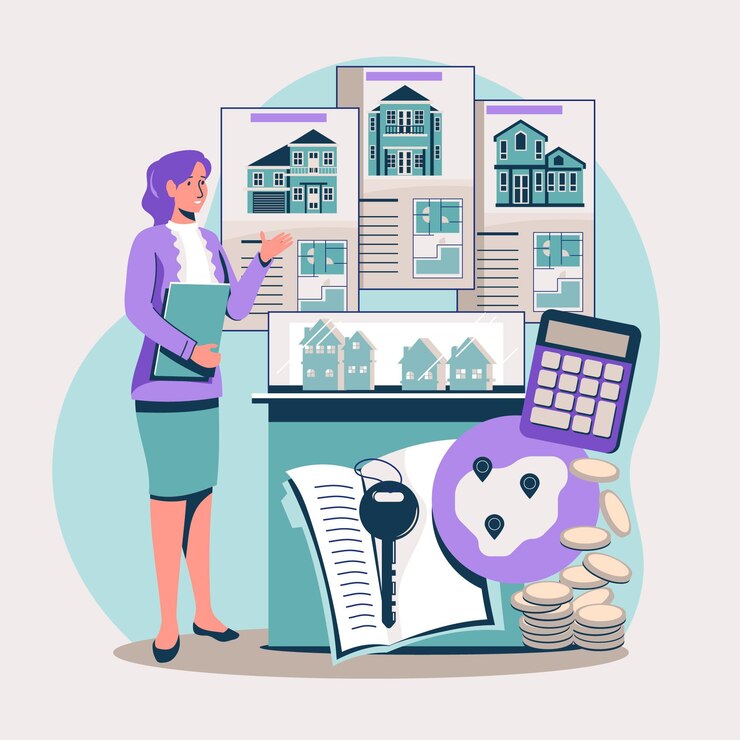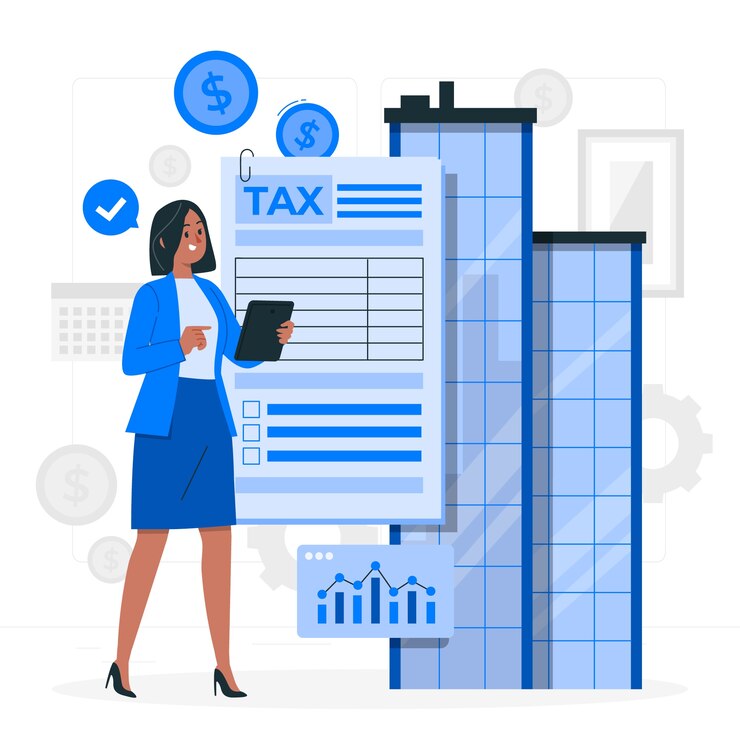Flipping properties? Hire a Real Estate CPA
Flipping properties? Hire a Real Estate CPA

Let’s look at Joshua, a real estate investor and firm owner. His firm recently bought a fixer-upper. Their plan was simple: renovate, flip, and profit. However, Joshua didn’t count the real estate taxes, capital gains, and deductions.
That’s when a real estate CPA came in and saved the day for Joshua’s firm. They handled everything from basic bookkeeping to managing taxes.
If you are stuck in a similar situation to Joshua or just looking to grow your real estate firm, today we are diving deep into how a real estate CPA can build long-term success.
What Does a Real Estate CPA Do?
A real estate CPA is a behind-the-scenes person who works on everything from property acquisitions to everyday bookkeeping. It’s like getting Oreo cookies with extra cream.
A real estate accountant manages all the financial aspects of property investment like budgeting, financial forecasting, tax compliance, and day-to-day bookkeeping. The idea is to make your firm’s portfolio financially sustainable in the long run. These experts prepare financial statements, manage cash flows, track each property’s performance, and make sure expenses like mortgage payments and repairs are accounted for.

BTW if you want to learn more about the best accounting services you can outsource, you can check our detailed guide here.
In addition, a real estate CPA plays an important role in tax compliance. They work with a real estate firm to make sure the right deductions are applied and all financial records are ready for auditing.
Why Do You Need a Real Estate CPA When Flipping Properties?
Running a real estate firm can seem like easy money; however, things are more complex than picking the right property in a good neighborhood. When you have a real estate firm, you need to be mindful of taxes, financial records, budgeting, cash flow, forecasting, business growth, and auditing.
If you think you can handle it all on your own, we must admit you are a financial Socrates, and we salute you. However, if you aren’t, things can get out of hand without you knowing.
For instance, did you know the IRS treats capital gains differently? If you hold a property for less than a year, you can be charged higher than if you hold a property for more than a year. Going North, in Canada, you have to pay 50% of your capital gain tax up to $250,000.
But who wants to deal with all these complicated matters when you are busy hunting the shiniest property in the neighborhood? That’s when a real estate CPA can come to the rescue. In fact, managing taxes is one of the biggest reasons to hire a CPA. A good CPA helps in formulating tax strategies to minimize taxes and liabilities.
So, hiring a real estate CPA isn’t about filing your taxes properly. A CPA can save you time and money by looking into areas you may not even consider, such as property deductions, when managing the 1031 exchange. It’s an IRS code and is a tax break. A swap of one property with another allows deferred capital gains tax.
While it sounds pretty cool, the 1031 exchange comes with a timeline and complex paperwork. A CPA can handle all the paperwork for you and ensure you don’t miss out on saving money.
Finding the Right Real Estate CPA
Choosing the best real estate CPA can seem like finding a needle in a haystack. Of course, you can ask for licenses and certifications, but that’s not enough. You want someone who understands the real estate business and properly understands rental income, real estate depreciation, and other jargon.
Let’s make the process easier for you and tell you every possible way to find the right CPA.
It’s Q time
Before hiring a CPA, make a table like below and ask questions:
| Questions to Ask Yourself | Questions to Ask CPA |
| Do I need a CPA for my firm? | How many real estate clients do you have? |
| Do you need an in-house CPA? | Do you provide tax planning? |
| Do you need a part-time or a full-time CPA? | What’s your availability? |
| What’s your fee structure? | |
| Is your approach aggressive or conservative? |
After listing these questions, you can look for a CPA firm. Now there are a lot of firms out there, so asking these questions can help you filter things out.
If you are looking for a real estate CPA, you don’t have to spend tons of hours on research. We at Tangent Consulting provide expert CPA services so you can have fewer sleepless nights. The last thing we want is to let your finances agonize you😉

Use a tool
If you don’t want to hire a CPA right away, you can always rely on accounting software. Some of the best accounting software for property investors include QuickBooks and Buildium.
QuickBooks is the OG of accounting software, and its simple interface can make you an accountant without a hassle. Recently, we did an interesting take on QuickBooks online and enterprise, so you can check the comparison to see which one fits your needs.
You would be happy to know that Tangent Consulting partnered with QuickBooks to offer 80% off the first 6 months of an annual subscription. This offer also includes a 30-day free trial. So, grab a deal now before it’s too late.
Final Thoughts
Flipping properties is a cool business, and hiring a real estate CPA is essential for your business’s long-term success. When you hire a pro, every investment decision you make will be informed, strategic, and tax–efficient.
If you don’t have anyone on your speed dial, Tangent Consulting provides real estate accounting services, including tax planning and deductions, bookkeeping, and a gazillion more. So, before you flip your next property, make sure we are at your speed dial 😉
FAQs
What is the difference between real estate accounting?
Real estate accounting deals with the revenue generated by properties, searches for tax deductions, and manages overall financial operations.
What accounting method do realtors use?
Most relators use a cash method, which allows them to delay the closing date after the first year but pay expenses before the end of the year. They do this to minimize taxable income for the year.
How do you keep track of real estate expenses?
To keep track of real estate expenses, the best tools are spreadsheets, property management tools, or accounting software like QuickBooks.

